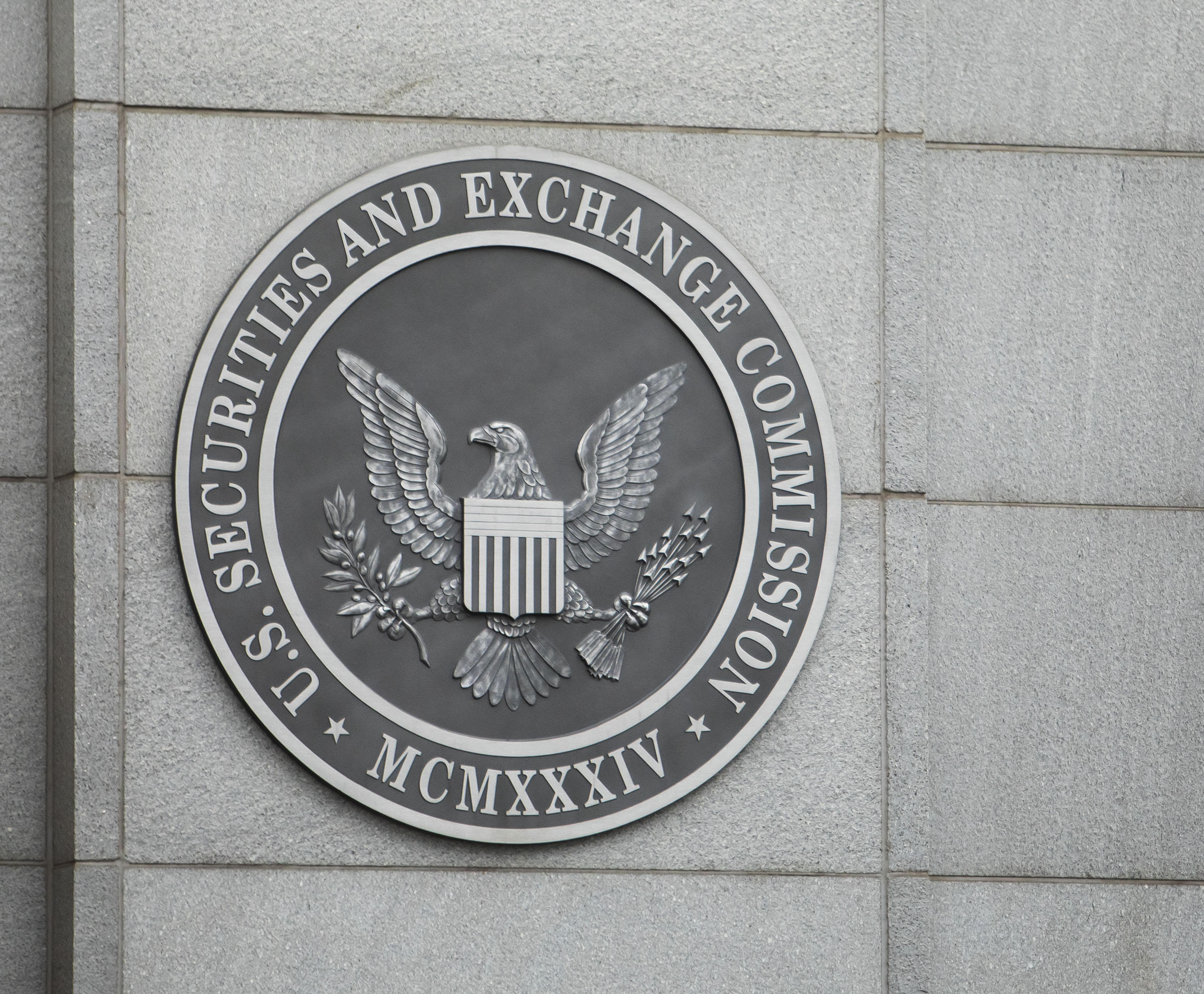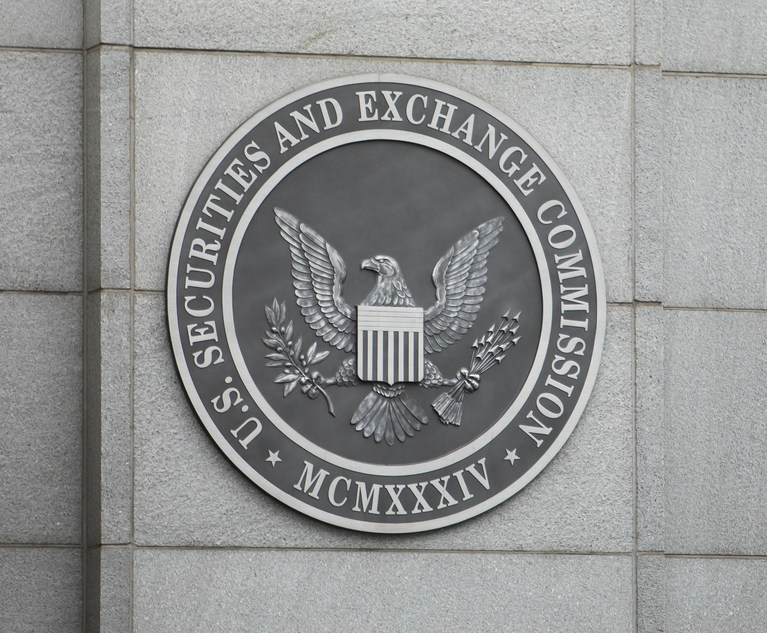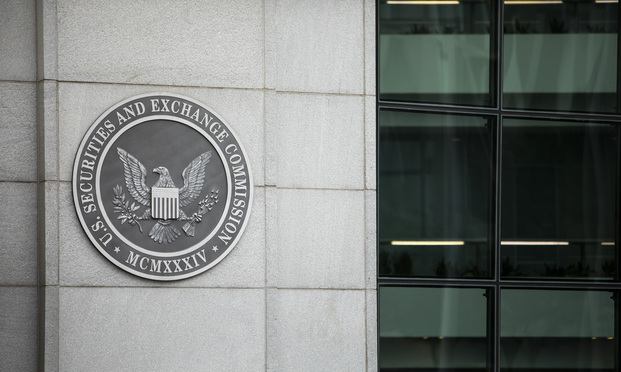William F Johnson

September 04, 2024 | New York Law Journal
Can the President Fire the SEC Chair or Other Commissioners?Even if the President could entirely remove and/or reappoint the Chair or other Commissioners, the President would still have to meet the statutory requirements regarding political party affiliations and staggered terms.
By William F. Johnson
16 minute read

March 06, 2024 | New York Law Journal
SEC 'Neither-Understands/Nor-Cares' About Realities of Settlement Gag RuleThis article examines the SEC's no-admit/no-deny rule through the lens of the SEC's recent denial of a request to modify the rule filed by an external advocacy organization and concludes that the SEC should have given more consideration to amending the rule.
By William F. Johnson
16 minute read

November 01, 2023 | New York Law Journal
CFTC Adds Admissions to Enforcement ToolkitThe CFTC recently added a few new tools to its enforcement toolkit, most notably a new policy to seek admissions as a condition of resolving an enforcement action in certain cases.
By William F. Johnson
12 minute read

July 05, 2023 | New York Law Journal
Public Company Accounting Oversight Board Proposes Role-Altering Audit StandardsA discussion of the Public Company Accounting Oversight Board's recently proposed set of new and revised auditing standards which address a public company auditor's responsibility for considering the company's "noncompliance with laws and regulations, including fraud."
By William F. Johnson
13 minute read

March 01, 2023 | New York Law Journal
Defense Witness Immunity: Time for Supreme Court To Weigh InIn his Corporate Crime column, William Johnson discusses how different circuit courts use different tests when deciding to immunize a defense witness. Some circuits have strict requirements for obtaining such an order while others have taken a more equitable approach. In Theryn Jones v. United States of America, the Supreme Court has a meaningful opportunity to address this long-standing split in the circuits on whether a more balanced standard should apply to requests for defense witness immunity.
By William F. Johnson
14 minute read

November 02, 2022 | New York Law Journal
WhatsApp With Transparency? Off-Channel Communications Settlements Leave QuestionsFollowing a sweep investigation, financial regulators recently unveiled a string of settlements with large institutions arising out of employees' use of unauthorized or "off-channel" applications such as WhatsApp for business-related communications. A closer look at the settlements reveals some takeaways regarding the regulators' approach to resolving multiple cases with similar issues, and that approach appears to be largely one-size-fits-all, with limited transparency.
By William F. Johnson
15 minute read

July 06, 2022 | New York Law Journal
Disclaiming SEC Disclaimers: Making Sense of Employee ViewsWhat are SEC-regulated entities and defense practitioners to make of SEC employees' "personal views" as articulated in public speeches, particularly when those views are clearly presented and later referred to as guidance on the agency's views? Put differently, how should an entity treat views that are initially disclaimed and nonbinding but that have manifestly factored into how the agency evaluates its regulated entities and individuals?
By William F. Johnson
13 minute read

March 02, 2022 | New York Law Journal
Second Circuit Rebukes LIBOR Prosecution TheoryThe latest court battle involving an individual, 'United States v. Connolly', ended in a noteworthy rebuke of the government's fraud theory and serves as a reminder that conduct a prosecutor might think is "wrong" does not necessarily violate a federal fraud statute.
By William F. Johnson
14 minute read

November 03, 2021 | New York Law Journal
SEC Expands Disclosure Focus on Reputation and ESG IssuesRecent events suggest that the SEC may bring enhanced scrutiny to companies' disclosure on issues like reputational impact, arguably a more subjective area than business operations and financial performance.
By William F. Johnson
12 minute read

June 30, 2021 | New York Law Journal
Collateral Consequences of No-Admit-No-Deny SEC SettlementsSome courts have expressed skepticism about the wholesale use of unadjudicated administrative allegations in securities complaints. However, others—including a recent decision in the District of Maryland in the 'Under Armour' case—have given weight to the SEC's allegations when denying motions to dismiss. In this edition of his Corporate Crime column, William F. Johnson offers several practical suggestions to minimize the collateral effects of entering into an administrative settlement with the SEC or a similar agency.
By William F. Johnson
14 minute read
Trending Stories
- 1The New Rules of AI: Part 2—Designing and Implementing Governance Programs
- 2Plaintiffs Attorneys Awarded $113K on $1 Judgment in Noise Ordinance Dispute
- 3As Litigation Finance Industry Matures, Links With Insurance Tighten
- 4The Gold Standard: Remembering Judge Jeffrey Alker Meyer
- 5NJ Supreme Court Clarifies Affidavit of Merit Requirement for Doctor With Dual Specialties



